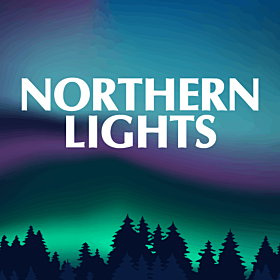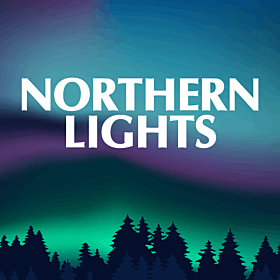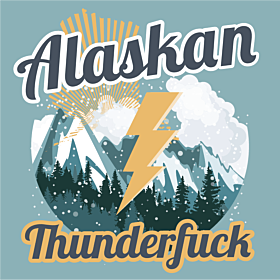Alaska
Cannabis seeds in Alaska
Growing cannabis seeds in Alaska is an adventure like no other. From the rugged wilderness to the icy tundra, this state provides a unique environment that presents challenges and opportunities for cultivators.
Whether you’re an aspiring grower or experienced pro, there’s no denying the excitement that cultivating marijuana in the Last Frontier brings. The long summer days, cool temperatures, and pristine natural resources make it possible to produce potent and flavorful buds.
Let’s dive into the legality of growing weed in Alaska, along with tips and insights for harvesting top-quality nugs.
Are weed seeds legal in Alaska?
It’s lawful for adults 21 and older to purchase cannabis seeds for personal use in Alaska. The state’s journey to full legalization has been a long one, with various milestones and setbacks along the way.
Alaska has taken a progressive stance on marijuana since the 1970s, when it decriminalized the possession of small amounts of the plant. Legalization of medical consumption followed in 1998, with the state allowing unrestricted use in 2014.
These regulations mean you’re not breaking the law when you order seeds from an online bank such as Seed Supreme.
America’s Icebox permits home growers to cultivate up to six immature weed plants, with only three flowering at once. One household may have up to 12 crops, no matter how many adults live there.
Your plants must be in a private location not visible to the public, where minors can’t access them.
The state allows you to possess up to one ounce of cannabis for medical and recreational use. Keep in mind it’s still illegal to consume the herb in public places, including streets, sidewalks, and parks.
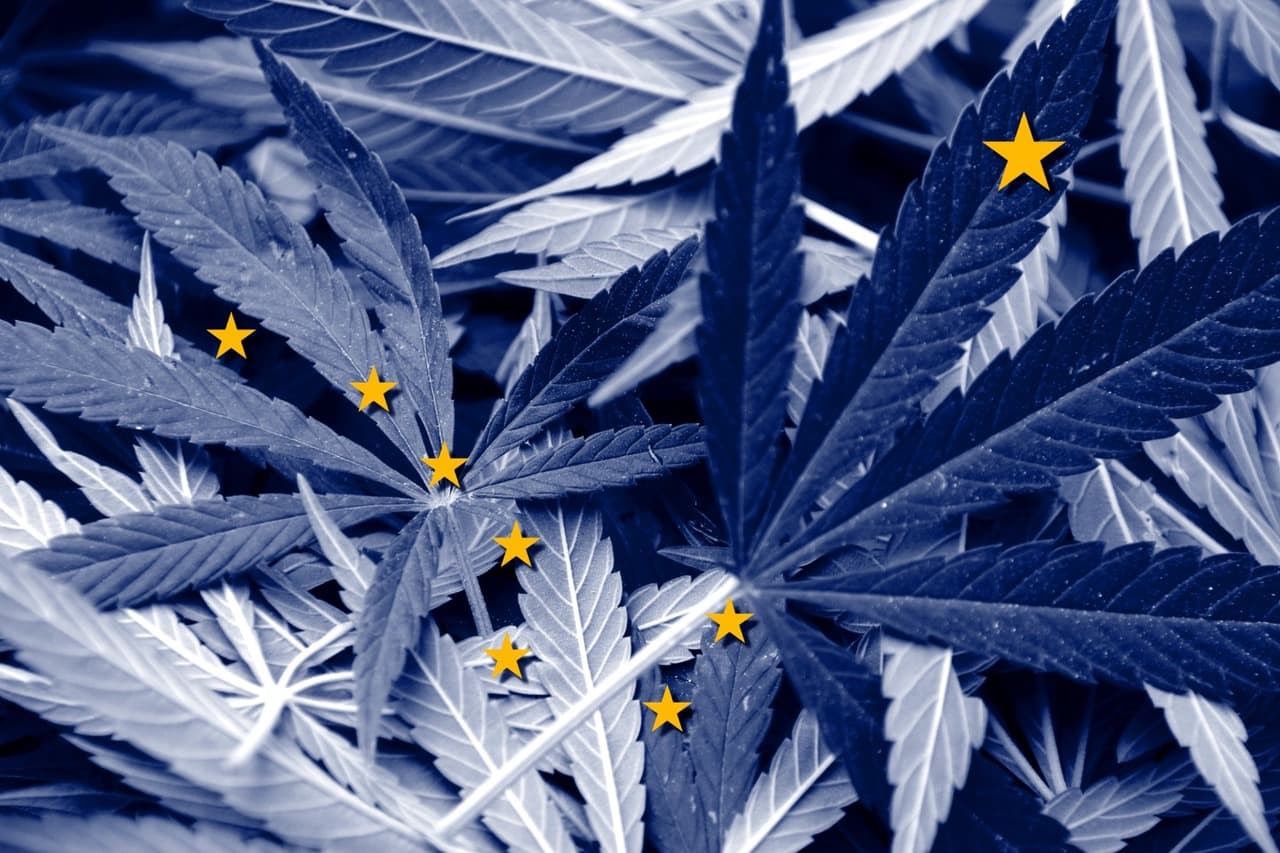
Indoor or outdoor growing?
Alaska’s rugged and picturesque terrain doesn’t provide the ideal conditions for cultivating marijuana plants outdoors. The long, cold winters and brief summers limit the growing season, making it difficult for your crops to reach their full potential.
These limitations haven’t deterred Alaskan cannabis enthusiasts, who’ve found innovative ways for their autoflowering and feminized seeds to grow indoors or out.
Many home cultivators in the state opt to farm their cannabis seeds inside, where they can control the environment. Providing the optimal light, heat, and humidity helps plants develop faster and produce higher yields in more consistent harvests.
Indoor growing also helps mitigate some problems that often come with outside cultivation, such as the unpredictable Alaskan weather.
Despite the challenges of growing outdoors, some cultivators still prefer this location for their crops. The simplicity and natural light can impart unique benefits to the final products.
It could increase terpene and cannabinoid levels, contributing to a richer, more complex flavor profile. Outside cultivation is often a more cost-effective option, as it eliminates the need for expensive equipment and high electricity bills.
What to consider when growing cannabis in Alaska
It’s possible for those in Alaska with cannabis seeds to grow high-quality crops outdoors. With proper planning and preparation, cultivators can create an optimal environment for their young plants.
Here’s what you should consider before starting your marijuana farming journey in the state’s unique weather and environmental conditions.
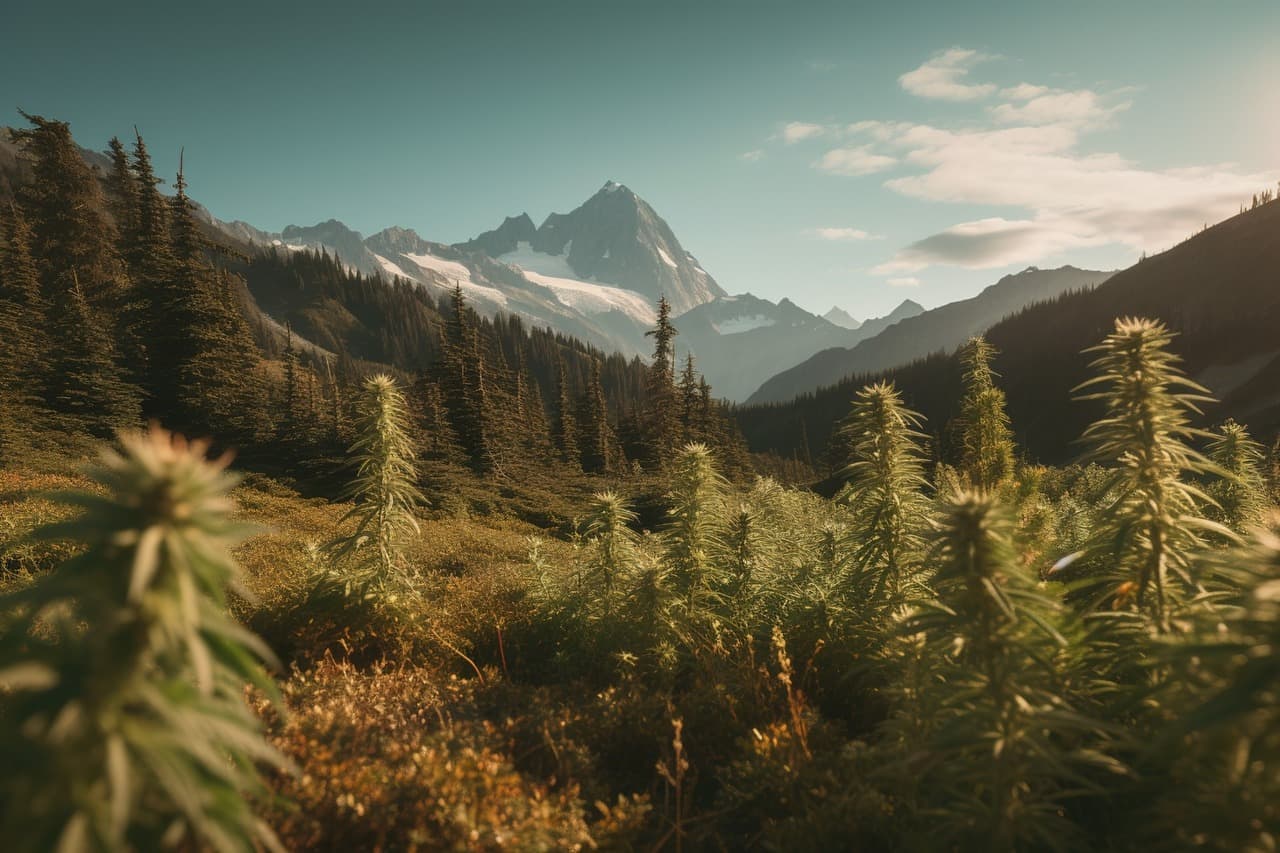
Climate conditions
Alaska has a cold, subarctic climate with long, dark winters and short, cool summers. Weed plants enjoy the region’s extended daylight during warmer months, which can last for up to 24 hours in some areas.
Average summer temperatures range from 40–60ºF, with days during winter often plummeting to well below zero. The state’s proximity to the Arctic circle means you should take extra care to protect your crops from sudden weather changes.
If you’re brave enough to attempt cultivating cannabis in a cold climate, fast-growing autoflowers are your best option. These variants make full use of the summer and don’t require set hours of light or darkness.
Also consider a sturdy indica strain that develops into robust marijuana plants able to adapt quickly to their surroundings.
Harvest your crops by early fall to avoid damage from icy, wet weather. The Last Frontier’s cold temperatures and high humidity levels might make supplemental heating and dehumidification necessary to create optimal conditions.
Pests and diseases
As with most crops, weed in Alaska is susceptible to pests and diseases that could impact yields and quality. Common problems you may encounter in the region include spider mites, whiteflies, aphids, cutworms, powdery mildew, and bud rot.
To prevent and control these issues, ensure you adopt healthy cultivation practices. Maintain a clean growing environment at all times and avoid over-watering your cannabis plants.
It’s also essential to use organic pest repellants and fungicides to protect your crops without introducing harmful chemicals into the area.
When to plant your seeds
Alaska’s short growing season means you should plan carefully when to plant your seeds outdoors. Aim to get your crops in the ground between late May and early June. Ensure you wait for the risk of frost to pass and that the soil has warmed up sufficiently.
This planting period gives your seedlings enough time to reach maturity before the onset of fall. The cooler season brings unpredictable weather patterns that could impact your plants’ ability to thrive.
Plan accordingly and take steps to protect your crops, like using frost covers or moving your cannabis inside if necessary. Enjoy a bountiful bud harvest and unique cultivation experience in Alaska by being proactive and adaptable.
The 3 strains we recommend for growing in Alaska
When selecting strains to grow when it’s cold, consider resilient cannabis varieties that can withstand the unique Alaskan climate. They should be able to cope with cooler weather and handle a shorter growing season.
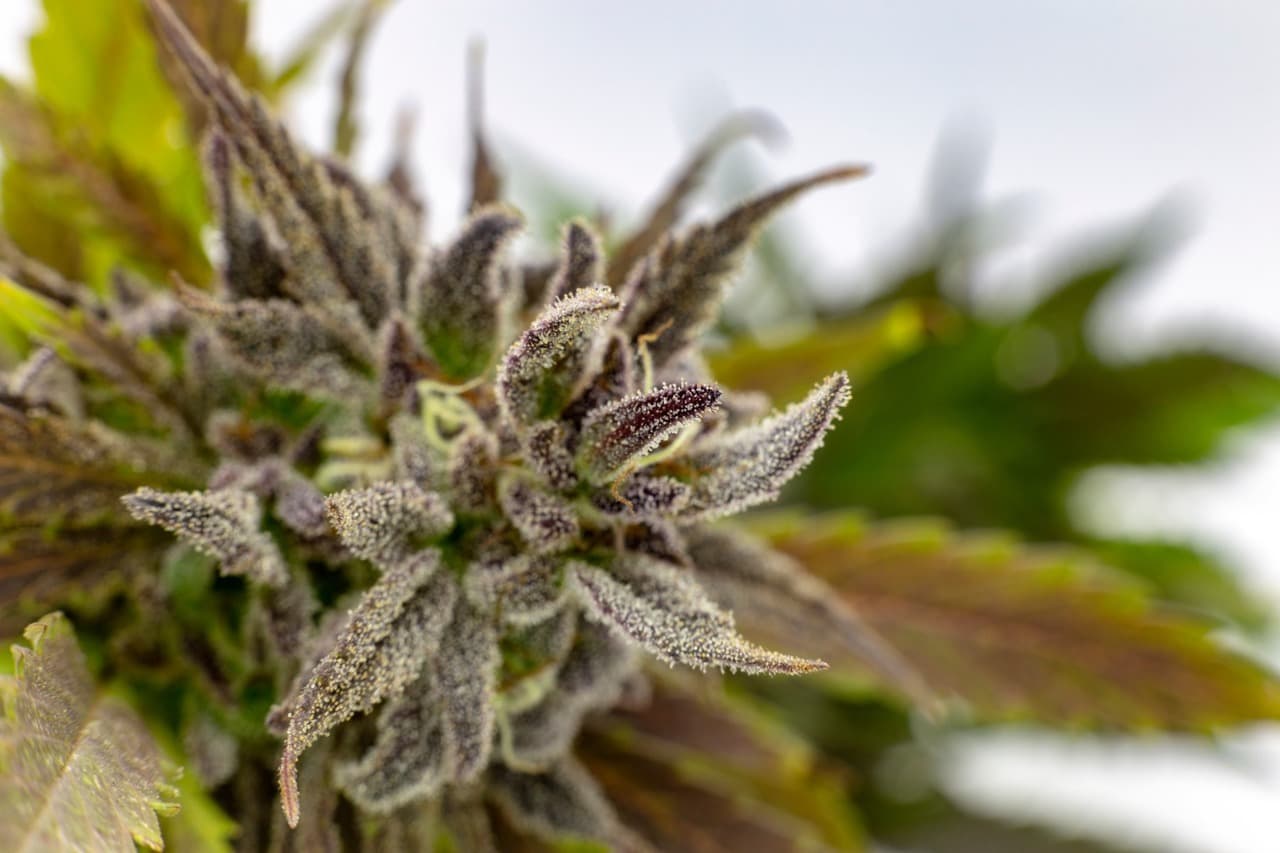
Here are our top three cultivars that meet these requirements and are suitable for the state’s challenging environment:
- Blue Cheese feminized: This strain is a popular cross between Blueberry and Cheese, known for its unique flavor profile with hints of earthy, musky notes. It has hardy genetics that make it more resistant to cold, which is beneficial for Alaska’s climate.
The variant also has a relatively quick flowering time of 8–10 weeks, valuable in the region’s short growing season. Blue Cheese’s high THC content of around 20% helps growers maximize their yields in a limited period.
- Northern Lights feminized: A classic cultivar famous for its resilience and resistance to pests, making it a wonderful choice for Alaskan cultivators. The strain is also easy to grow, making it ideal for inexperienced gardeners.
It only takes 6–8 weeks before the buds are ready to harvest, providing sweet notes of pine that develop into woody flavors. Northern Lights’ 15–20% THC concentration induces lethargy and helps you drift off to sleep during the long, dark winter.
- Matanuska Tundra feminized: This variant’s genetics allow it to thrive in cooler temperatures, particularly the harsh Alaskan weather. It’s also naturally resistant to the common pests and diseases occurring in the state.
The strain’s fast flowering time of 7–9 weeks is ideal for a brief summer, and results in large, dense nugs with chocolate-like notes. Enjoy a burst of euphoria that develops into a sedating body stone thanks to its 20% THC content.
Cultivating cannabis in the Last Frontier
If you’re in Alaska, weed seed cultivation may seem daunting. With the correct strains, techniques, and a touch of creativity, anyone can become a successful grower in the Last Frontier.
Keep the state’s legal guidelines and regulations surrounding at-home marijuana farming in mind to avoid complications. Proper research and preparation enable you to focus on producing quality buds that make even seasoned connoisseurs smile.
Roll up your sleeves, grab some seeds from Seed Supreme, and start your cannabis-growing journey in Alaska. With patience and persistence, you could soon enjoy your homegrown harvest surrounded by the beauty of the land of the midnight sun.

